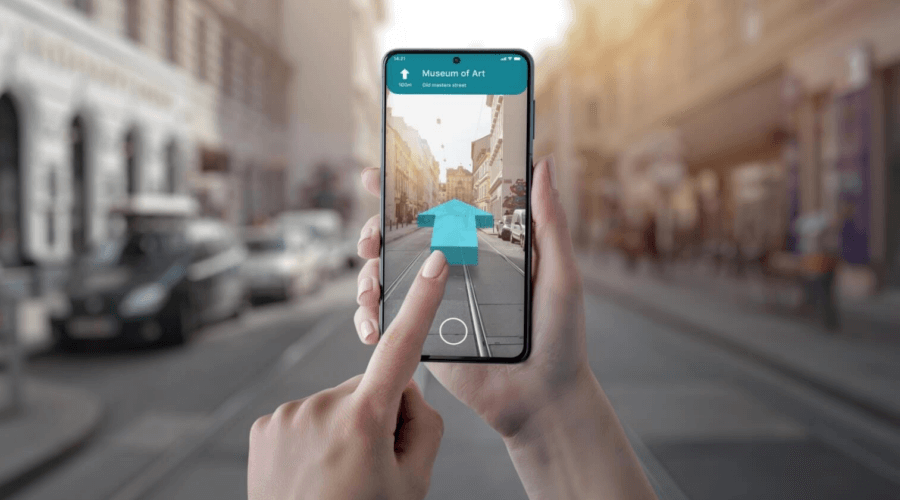Introduction
Language has always been one of the greatest obstacles in global communication. However, with the rise of artificial intelligence (AI), translation technology is evolving faster than ever. By 2025, AI-powered translation tools are expected to eliminate language barriers almost entirely, making communication seamless across cultures, businesses, and industries. Whether you’re traveling, working remotely, or conducting business internationally, AI-powered translation is set to revolutionize the way we interact.
The Evolution of AI Translation
AI-driven translation has come a long way from basic phrasebooks and rudimentary online translators. Early machine translation systems relied on rule-based approaches, which were often inaccurate. The introduction of neural machine translation (NMT) improved accuracy significantly by leveraging deep learning and large datasets. Today, AI translation tools like Google Translate, DeepL, and Microsoft Translator use sophisticated algorithms to provide near-human-level translations in real time.
By 2025, AI translation models will be more advanced than ever, integrating with augmented reality (AR), voice assistants, and business platforms to enable instant, highly accurate translations.
Key Advancements in AI-Powered Translation
1. Real-Time Voice Translation
One of the most exciting developments in AI translation is real-time voice translation. Devices and apps will soon be capable of translating speech instantly with perfect accuracy. Travelers will be able to communicate with locals effortlessly, while businesses can conduct meetings with international clients without language constraints.
2. Contextual and Cultural Understanding
A major challenge for traditional translation tools has been the lack of cultural and contextual understanding. AI-powered translation in 2025 will integrate cultural nuances, idioms, and slang, ensuring translations are not just accurate but also meaningful.
3. Multilingual Chatbots and Virtual Assistants
AI-powered customer service will benefit greatly from multilingual chatbots and virtual assistants. Companies will be able to serve global audiences without hiring native speakers, leading to increased efficiency and cost savings.
4. AI-Powered AR Translation
Augmented reality (AR) is being integrated with AI translation, allowing users to point their phones at text—such as street signs, restaurant menus, or product labels—and instantly see translations overlaid in their native language.
5. Business and E-Commerce Expansion
AI-powered translation will enable businesses to reach new markets effortlessly. E-commerce platforms will automatically translate product descriptions, reviews, and customer service interactions, removing language barriers that once hindered international sales.
6. Medical and Legal Translation
Industries such as healthcare and law require highly accurate translations. AI-driven translation models will be trained on vast medical and legal databases, ensuring that professionals can communicate clearly with patients and clients worldwide.
The Impact of AI Translation on Globalization
AI-powered translation is breaking down communication barriers, accelerating globalization. Small businesses will have the same opportunities as multinational corporations, as language will no longer be a limiting factor. Education will also benefit, as students will have access to courses and research materials in multiple languages instantly.
Ethical Considerations and Challenges
While AI-powered translation is a game-changer, there are challenges to consider:
- Data Privacy: AI translation services rely on massive amounts of user data. Ensuring privacy and security is a top concern.
- Job Displacement: Professional human translators may see a decline in demand. However, human oversight will still be needed for complex or sensitive translations.
- Accuracy Limitations: Although AI translation is improving, there are still occasional errors that could lead to misunderstandings in critical situations.
Conclusion
By 2025, AI-powered translation will redefine global communication. From real-time speech translation to augmented reality integration, businesses, travelers, and individuals will experience a world where language is no longer a barrier. While ethical considerations must be addressed, the benefits of AI translation far outweigh the challenges, making it one of the most exciting technological advancements of the decade.




